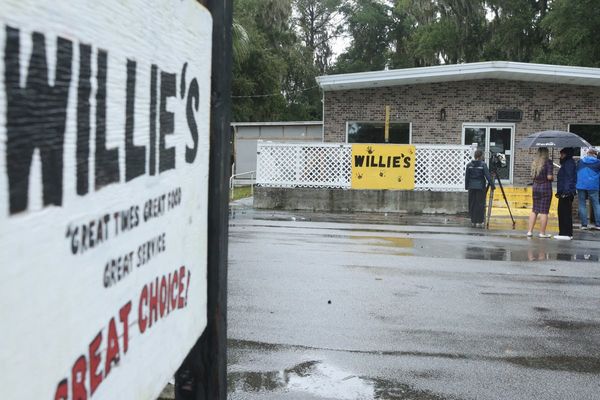
My former colleague JR (Dick) Sargent, who has died aged 96, was the founding professor and chair of the economics department at Warwick University when it launched in 1965. Following a period of unrest, he was instrumental in reshaping the university to make it more democratic. The changes that were made reverberated through other universities.
Within a few years of Warwick’s launch many staff and students felt the university’s structure was insufficiently democratic and excessively oriented towards the business community. These views were influenced by les événements, the wave of student and worker unrest that swept across Europe in 1968. They were articulated by a staff member, the labour historian EP Thompson, in his book Warwick University Ltd (1970).
Students occupied the admin offices and staff passed a vote of no confidence in the vice-chancellor. In 1970, Dick chaired a committee that brought in reforms. Key powers of the vice-chancellor were devolved to a committee of six senior academics. The chairs of all teaching departments were to be nominated and elected by academic staff. Student and directly elected staff representatives were added to the senate. These innovations, seen as radical at the time, quickly became the norm at most universities.
Within the economics department, Dick established a transparent and democratic structure, characteristics that have survived in some degree to this day.
He was born John Richard Sargent in Edgbaston, the only child of John Sargent and Ruth (nee Taunton), but known as Dick from birth. His father later became education adviser to the government of India. His mother died when he was seven and his grandmother, Agnes, who became his second mother, died when he was 16.
He was educated at Rugby school and studied philosophy, politics and economics (PPE) at Christ Church, Oxford, graduating in 1948 with a first. In 1951 he became a fellow of Worcester College.
After lecturing at Christ Church and Worcester College, in 1959 he spent a year as a Rockefeller fellow, visiting MIT and Stanford universities. In 1962 he became a research associate at Oxford University Institute of Statistics, and from 1963 spent two years as an economic consultant to the Treasury.
After leaving Warwick in 1973 Dick became group economic adviser at the Midland Bank. In 1976 he was a founding member of the Clare Group of applied economists, which over 25 years published more than 50 research papers, many of them written by Dick. He was also a governor of the National Institute for Economic and Social Research and an honorary professor at both Warwick and the LSE. He never retired, publishing his final work only 18 months ago.
His first marriage, to Anne Haigh in 1949, ended in divorce. In 1980 he married Hester Campbell. She died in 2004. He is survived by his children, Sally, Simon and Vicky, from his first marriage, and his stepsons, Francis, Lawrence and Nicholas.







